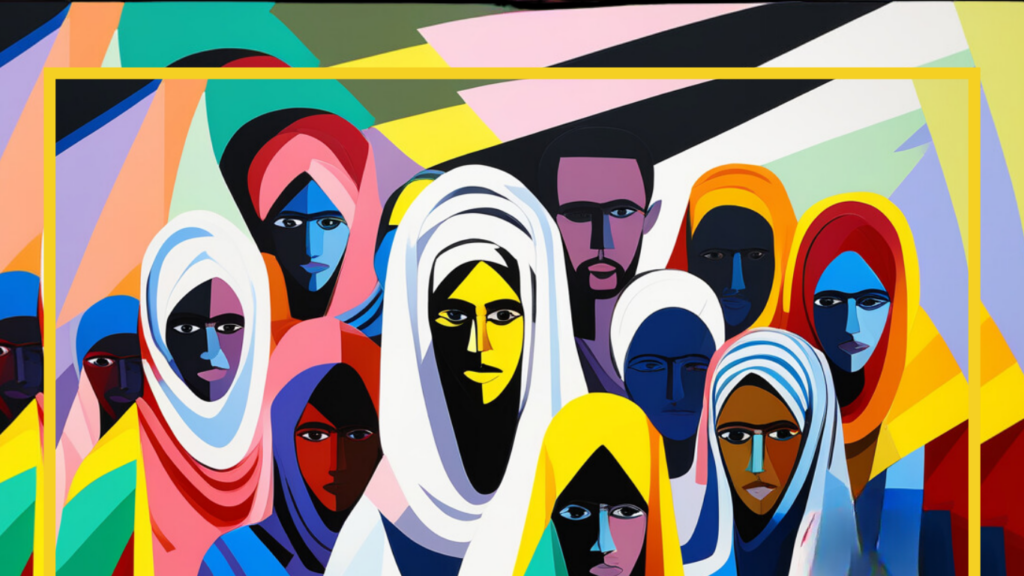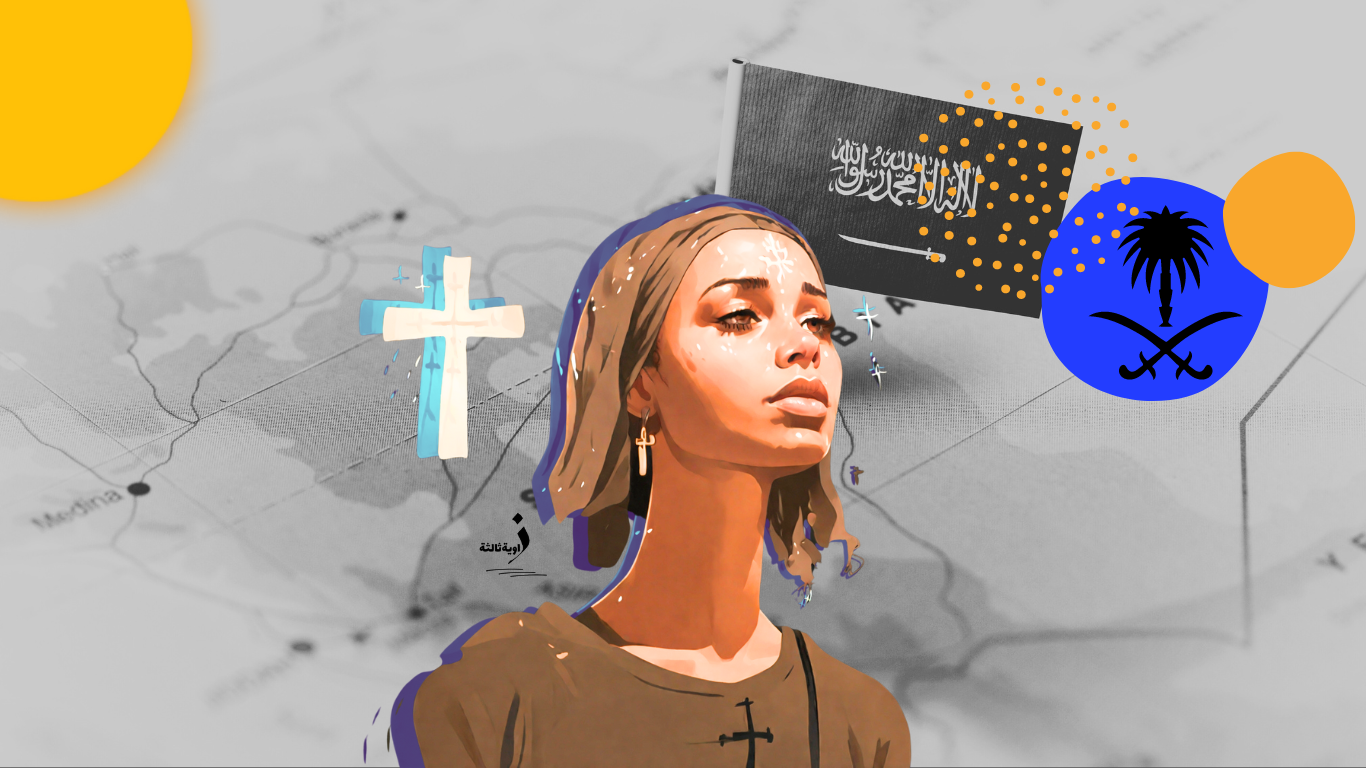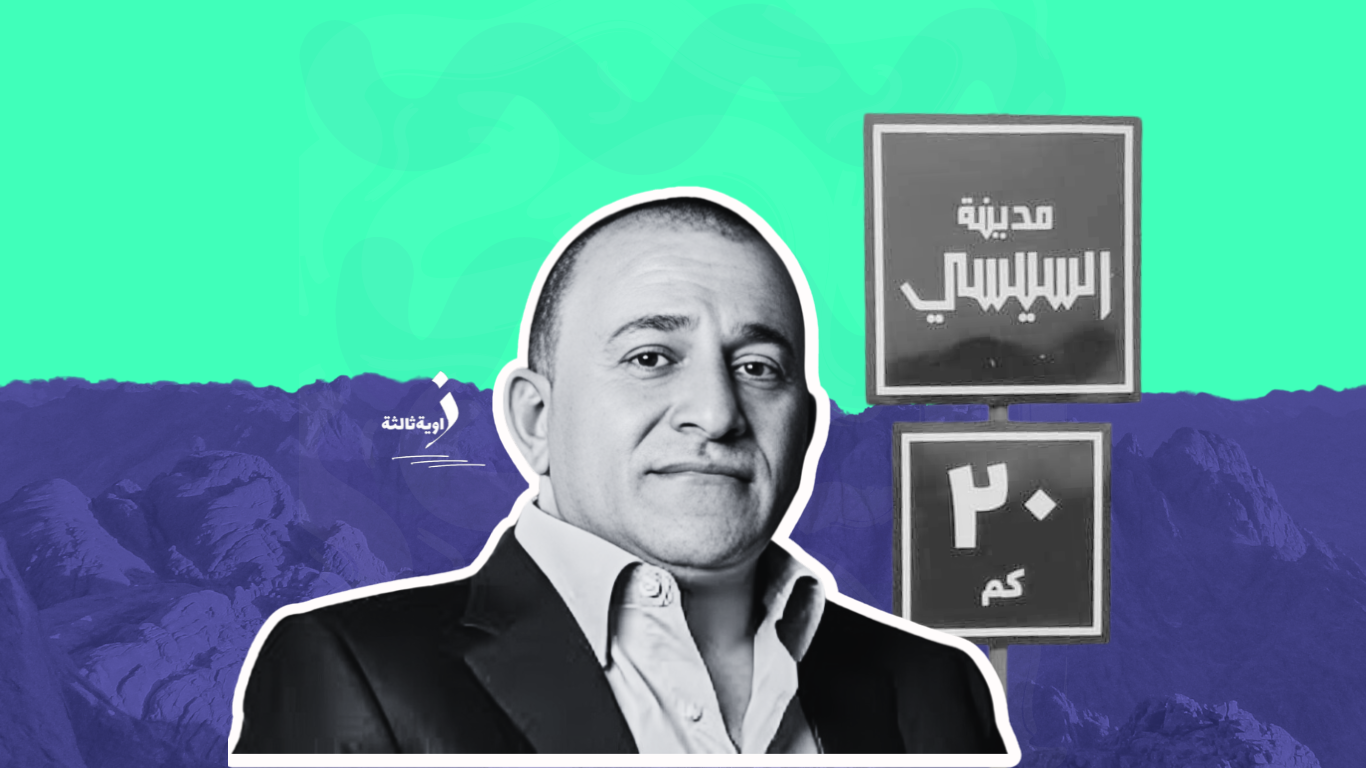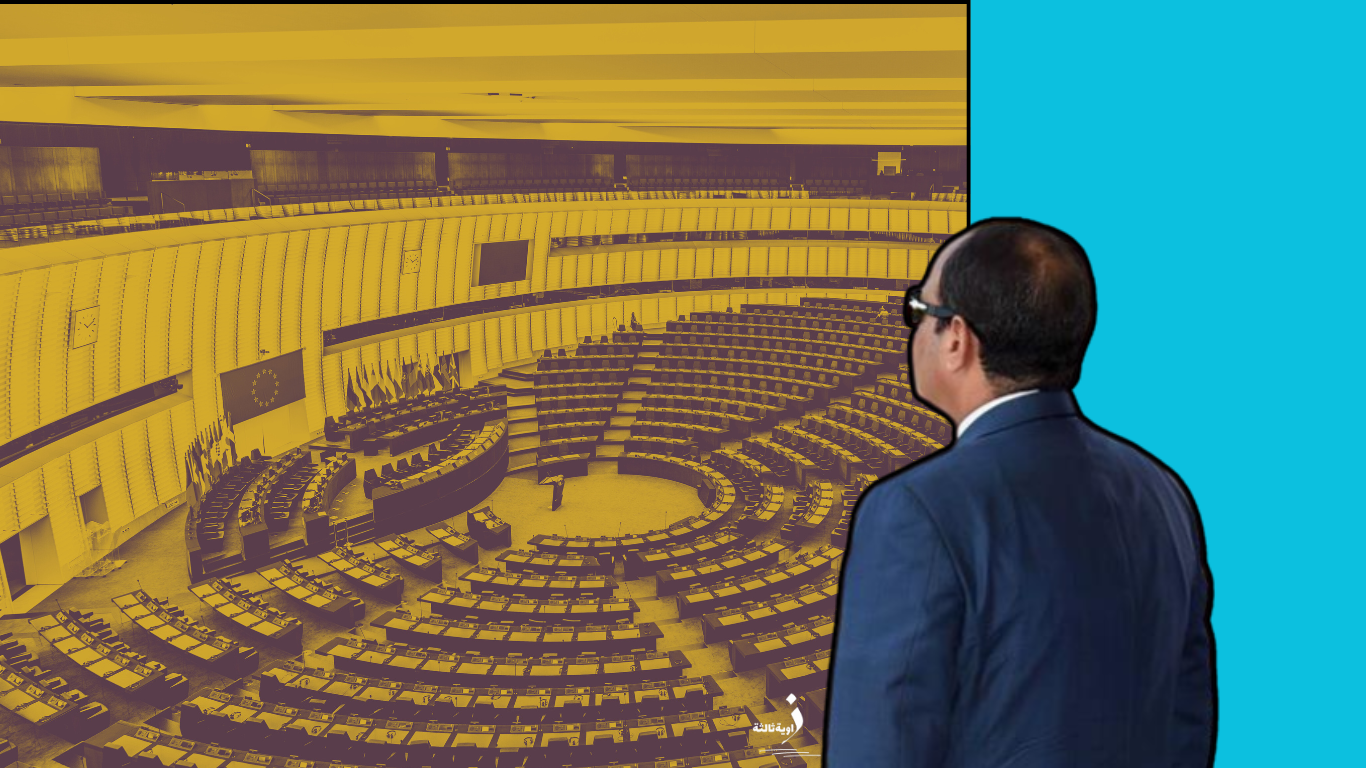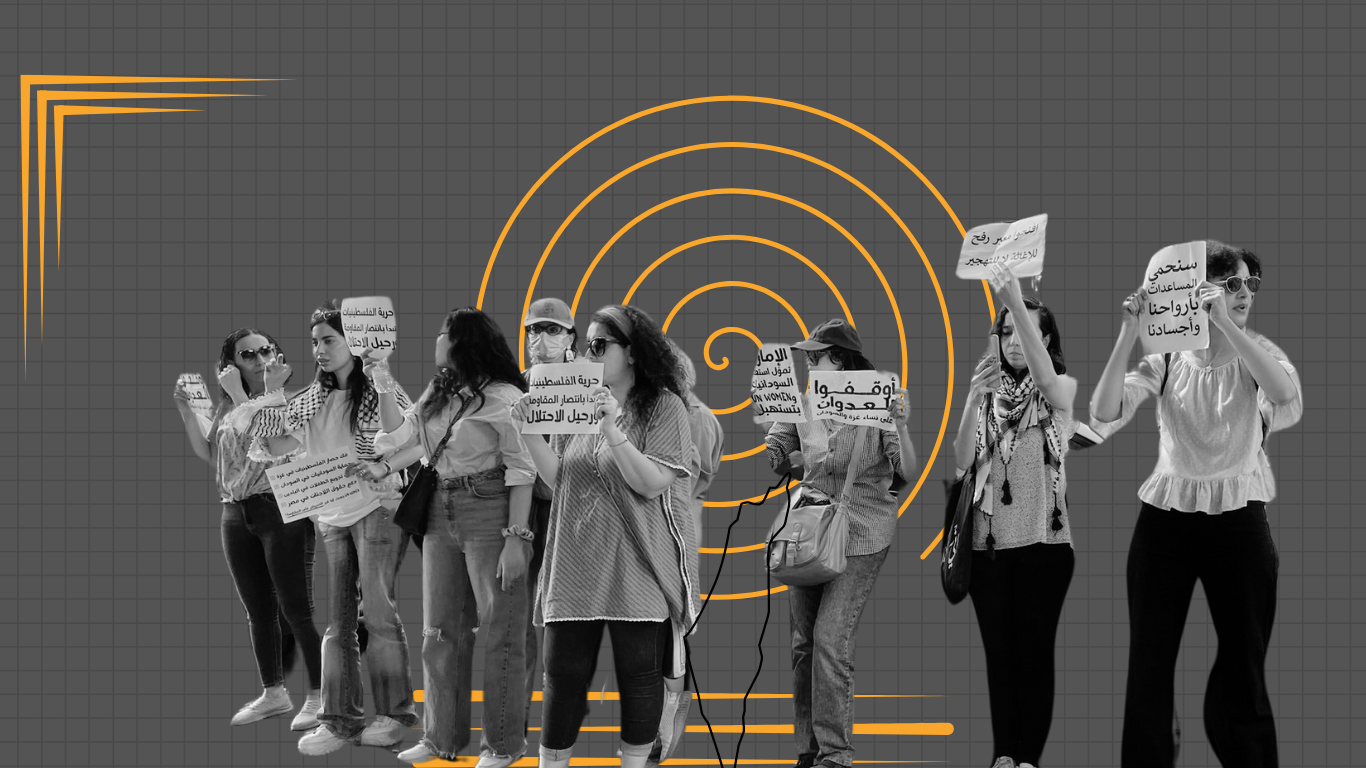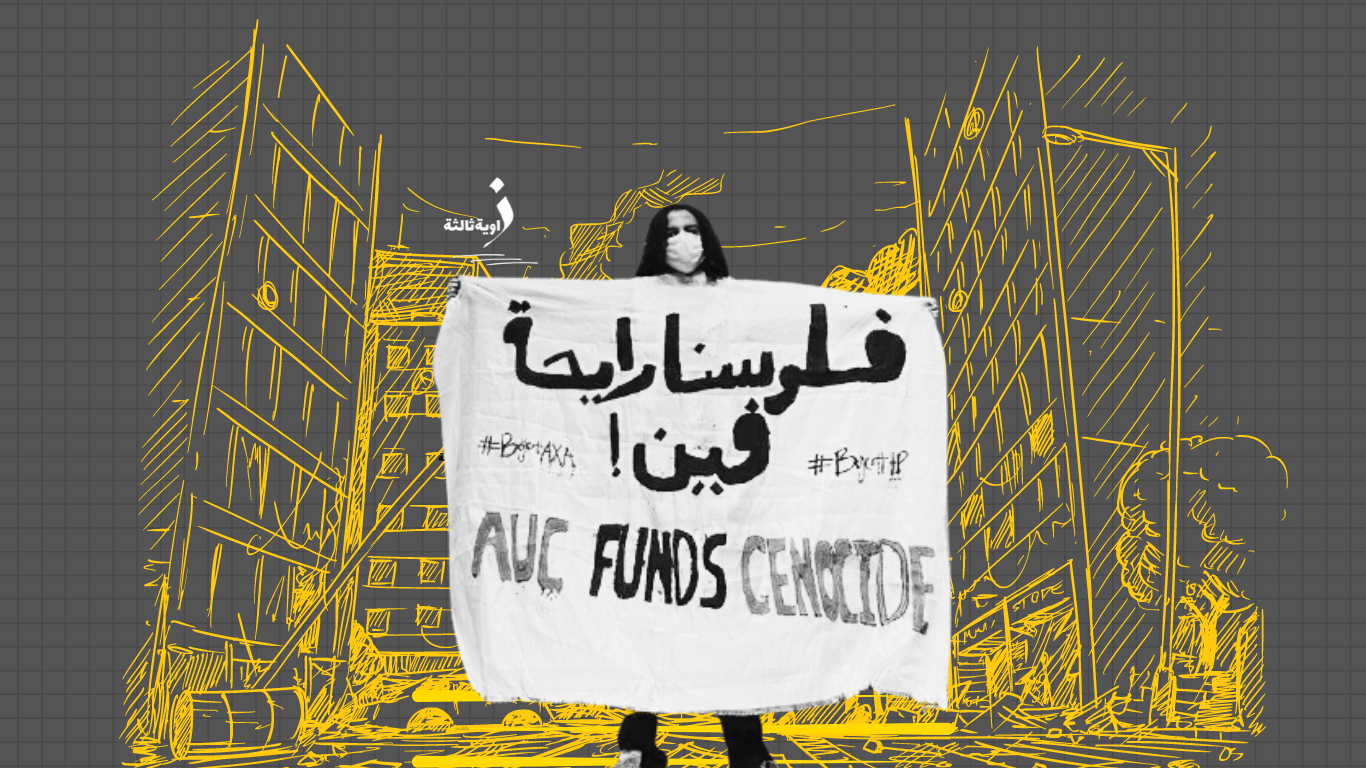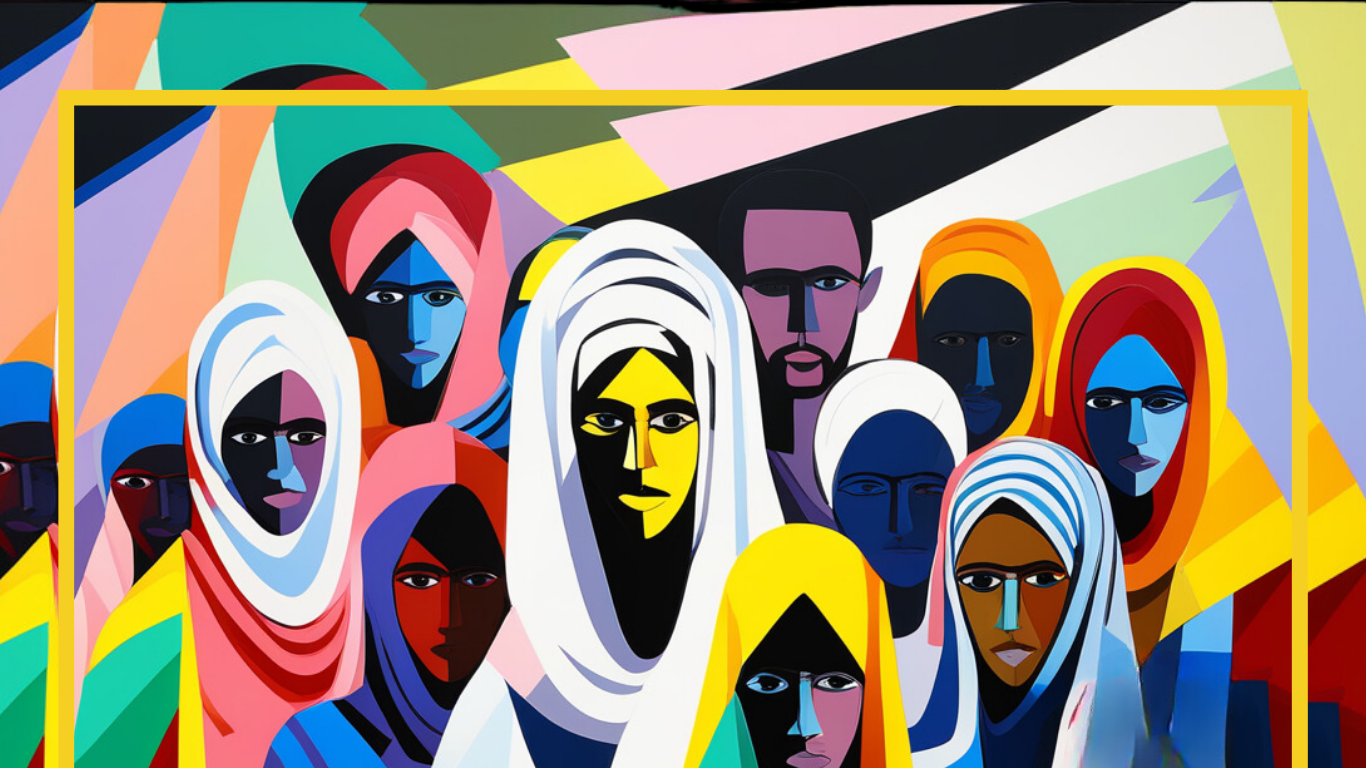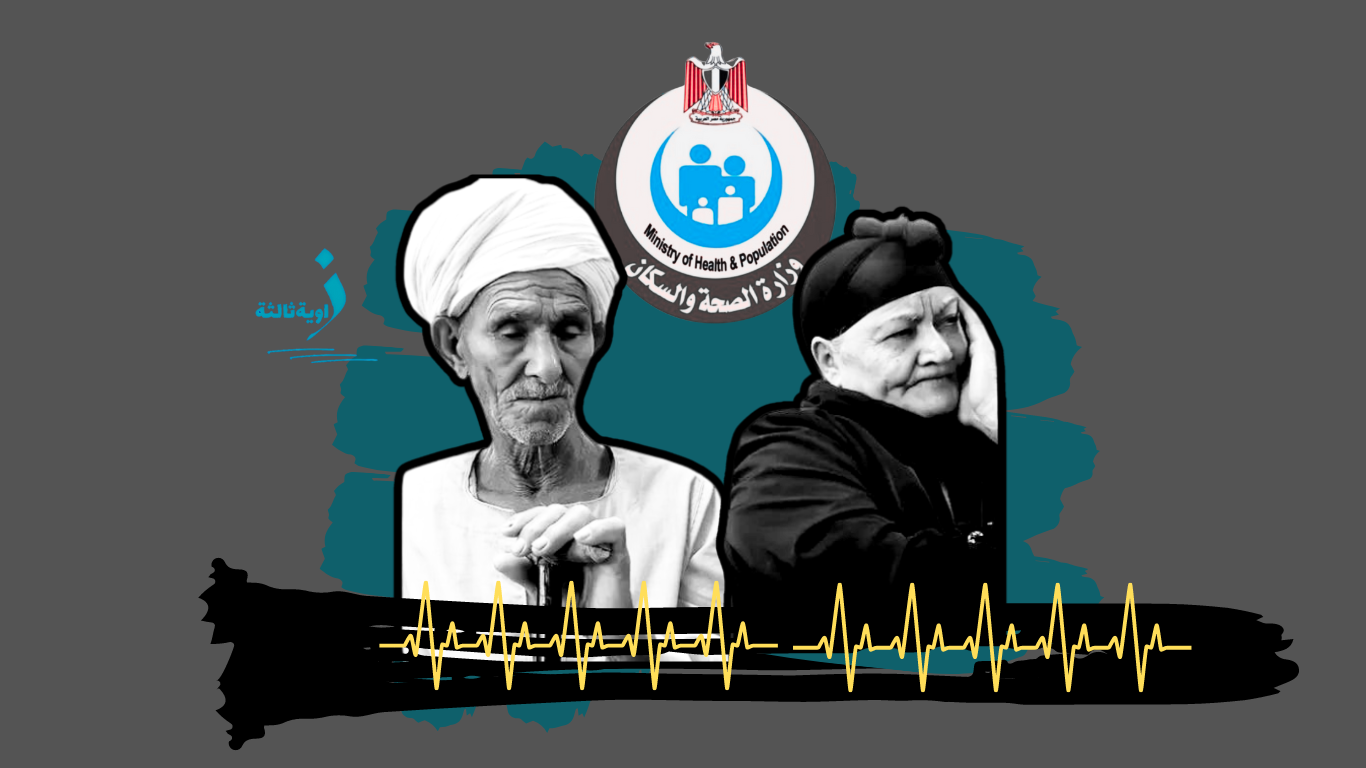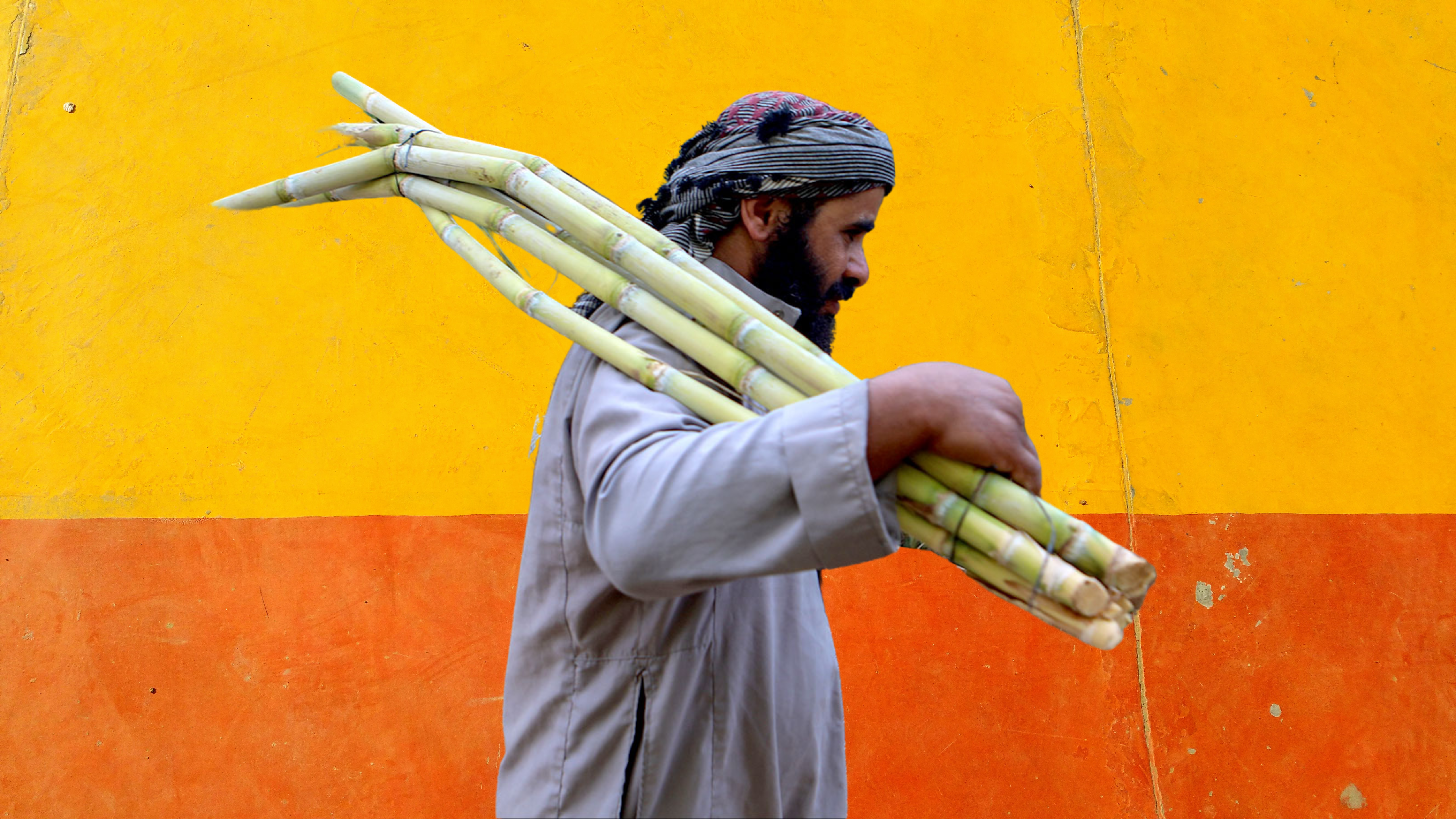On January 9th, the Egyptian authorities announced the commencement of a census and verification of the numbers of refugees and migrants, following a surge in anti-refugee sentiments on social media calling for their deportation from the country. This was based on the alleged responsibility of refugees for the exacerbation of the economic crisis and the deterioration of the living standards of Egyptians.
An analysis covering the period from October 1, 2023, to January 6 of the current year revealed that the campaign was orchestrated by various nationalist-oriented accounts and groups, alongside supporters of President Abdel Fattah el-Sisi. The analysis identified ten hashtags across different electronic platforms, totaling 238,000 mentions, urging the deportation of refugees.
According to the analysis conducted by the “Matsda2sh” platform in collaboration with the Arab Fact-Checking Community (AFH), the average daily posts reached 2,500, peaking in December and January with over 37 million views. The analysis showed the participation of 45,000 accounts in the campaign, some of which were verified and supported by tens of thousands of followers, aligning with Egyptian nationalist ideologies, such as pages supporting nationalism, the Republican Party of Refugees, Egyptian nationalism, or supporters of President Sisi and his policies.
How Did the Campaign Escalate?
The spread of the hashtag advocating for the deportation of refugees from Egypt coincided with thousands of tweets welcoming the presence of refugees on Egyptian soil. Simultaneously, the campaign intensified on social media platforms like Facebook and TikTok, urging a boycott of Syrian products and immediate deportation, alleging the presence of spoiled food and hygiene violations in their shops or their involvement in drug smuggling, without clear evidence. There were calls to create lists of businesses and restaurants owned by refugees for boycott.
The mentioned accounts in the “Matsda2sh” analysis utilized various old videos and posts, mostly showcasing individual negative incidents involving refugees, to reinforce their stance and spread misleading information to incite Egyptians against refugees. One prominent example was the resharing of a video by a Syrian influencer living in Saudi Arabia on TikTok. He suggested that the Egyptian government relocate Syrians to the southern region of Hala’ib and Shalateen (located on the Red Sea coast on the official border between Egypt and Sudan), granting them self-governance through collaboration between the Egyptian government and Syrian businessmen.
Directives
Nour Khalil, the executive director of the Refugee Platform in Egypt, commented on deportation campaigns in an interview with “Zawia3,” saying, “This is not the first time similar campaigns have escalated. Through the platform, we have observed several organized campaigns that suddenly escalate through social media accounts, targeting specific nationalities of refugees and sometimes all nationalities. By tracking the history of these accounts, we find that they support the Egyptian regime and sometimes participate in campaigns against opposition figures and human rights activists, sharing unified content simultaneously among all these accounts and pages.”
He adds that the real problem lies in these campaigns spreading false information recycled to incite hatred against refugees. The danger of the recent campaign lies in the involvement of authorities and decision-makers. Khalil notes, “We followed the president’s statements last May to a foreign newspaper linking the forced displacement of Sudanese to the armed conflict with the economic crisis in Egypt, leading some to draw the same context and link the lack of basic goods or the worsening economic crisis to ministers in the government.” He warns that linking such statements by decision-makers is a dangerous indicator of escalating policies to prevent or expel refugees and asylum seekers, or to use them as a bargaining chip by the authorities against international entities.
He continues, “The Egyptian people are hospitable, despite noting a number of attacks based on an individual’s racial basis. However, the virtual reality is one thing, and the street is another. Many initially opposed the influx of Sudanese at the beginning of the crisis, but on the street, they were greeted with welcome and assistance initiatives.” He emphasizes that spreading false information on digital platforms encourages and fuels hate speech. In Egypt, there is no legislation criminalizing hate speech or racism, and there is no specific definition for them. Therefore, there is no legal recourse in the justice system regarding racism or incitement cases. The only way to resist this type of discourse is to promote a welcoming discourse, correct misinformation, and foster broad solidarity across all segments of society.
Government Business
Social media users are linking the sudden appearance of deportation campaigns to the readiness of Cairo to take new steps related to regulating the status of migrants and refugees, speculating that these campaigns may be driven by the Egyptian authorities to force refugees to regularize their status by paying $1,000 to the Egyptian government. Others, however, dismiss any connection between these campaigns and Cairo’s policies towards refugees, especially since the government has repeatedly expressed its intention to attract them in investment plans.
According to a government decision announced last June, refugees and asylum seekers are committed to regulating their status according to the law within one year from the effective date of the executive regulations. The decision establishes the “Permanent Committee for Refugee Affairs” to be the dominant authority on all refugee matters, including information and statistical data about their numbers, coordinating their affairs with local and international organizations concerned with their rights, including the United Nations High Commissioner for Refugees (UNHCR). In August of last year, the government issued Decision No. 3326 for the year 2023, obligating foreigners residing in the country illegally to pay $1,000 and regulate their status, provided they have an Egyptian sponsor.
According to the Refugee Platform in Egypt, the perspective adopted by the Egyptian decision contradicts Law No. 82 of the year 2016 and its amendments, which stipulates that the smuggled migrant, as a victim, should be supported and compensated without incurring criminal responsibility or punishment in any form. According to official data, there are 9 million migrants and refugees living in Egypt from 133 countries, representing 8.7% of the country’s total population. About 56% of them are concentrated in the Greater Cairo, Alexandria, Dakahlia, and Damietta governorates, including approximately 4 million Sudanese, 1.5 million Syrians, 1 million Yemenis, and 1 million Libyans, constituting about 80% of the total number of migrants residing in Egypt.
In the government’s first comment on the online campaigns calling for the deportation of refugees, it stated that these campaigns do not represent the Egyptian people and that they will not pay any attention to them, as they do not reflect the generosity of the Egyptian citizen towards Syrians and all nationalities.
Earlier, Dr. Khaled Abdel Ghaffar, Minister of Health and Population, reviewed the health services provided by the state to migrants and refugees in the health sector. He pointed out that there are approximately 9 million migrants and refugees living in Egypt from about 133 countries, with a gender distribution of 50.4% males and 49.6% females, representing 8.7% of Egypt’s population. About 60% of migrants have been living in Egypt for about 10 years, and 6% have integrated into Egyptian society for about 15 years or more. Additionally, 37% of them work in stable jobs and stable companies.
Economic Integration
According to the Egyptian government, Egypt hosts 9 million migrants on its soil, and authorities claim that the annual costs of hosting them are approximately $100 billion. The Egyptian government has not disclosed how these funds are spent on migrants and refugees.
The estimated volume of Yemeni investments in Egypt is about $5 billion, mostly in the real estate sector. Syrian investments in Egypt in 2017 amounted to about $800 million. Egypt benefits from collecting various fees, such as education, residence, and investment fees, in local and foreign currencies from migrants in Egypt. For example, the tuition fees for incoming university students in Egyptian universities range from $3,000 to $8,000, according to statements by the Minister of Higher Education, Khaled Abdel Ghaffar, in 2022.
The number of refugees residing in Egypt, at the end of 2023, reached about 473,000 refugees, constituting about 5% of the migrants in the country. Refugees receive both cash and in-kind support from the UNHCR, while the Egyptian government provides them with health and educational services. Most refugees are treated like Egyptians in schools, universities, and hospitals, which is crucial support for them. Egypt also receives limited cash funding from the United Nations, the European Union, and partner countries to support refugees. For example, the European Union announced in June 2023 an immediate aid package of 20 million euros to help Egypt host Sudanese refugees.

